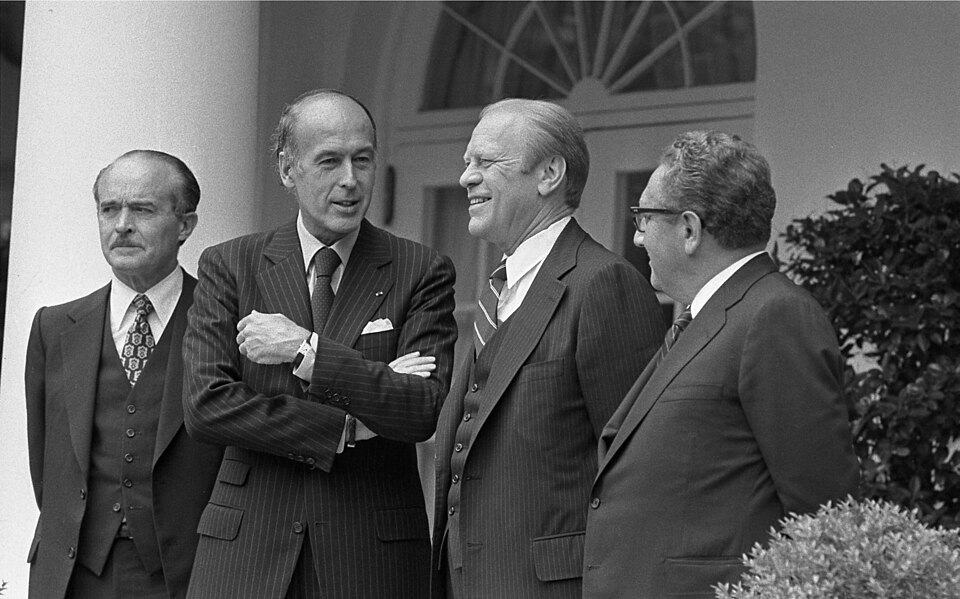As US doctrine evolves, the question arises over the future of nuclear deterrence to protect Europe. Strengthening of French and British capability is necessary, whilst at the same time trying to maintain a strong transatlantic link in order to avoid a risk of proliferation by countries deprived of US protection.
Nuclear Power and Alliances in a New Strategic Context: The Future of Transatlantic and European Nuclear Deterrence
For over 70 years, the U.S. has been the main provider of nuclear deterrence in the Atlantic Alliance, but there are increasing doubts about the credibility and durability of the American commitment to protect its European allies. Although NATO has weathered a number of transatlantic tensions, their scale and amalgamation today is unprecedented. The U.S. administration of president Donald Trump vowed to prioritize the Indo-Pacific over the Old Continent much more than its predecessors. The U.S. also seeks to “normalize” relations with Russia, although the latter continues to wage the war against Ukraine under the cover of nuclear threats and is hostile towards NATO. The U.S. has also become much more forceful and transactional towards allies. Trump and his administration have openly questioned the U.S. defence commitment to NATO members not spending enough on military, threatened Denmark and Canada, criticized European domestic policies, and imposed sweeping tariffs on allies.
These developments sparked calls for a greater European role in nuclear deterrence, including from allied leaders. In February 2025, the incoming German chancellor Friedrich Merz advocated for France and the United Kingdom to strengthen their nuclear protection for Germany. Citing this call, French president Emmanuel Macron invited allies to a debate on possibly protecting them with the French nuclear deterrent. This proposal has been welcomed by Polish prime minister Donald Tusk, who also indicated that a development of a national nuclear force by Poland is not off the table.
There is indeed a need for Europeans to contribute more to nuclear deterrence on their continent, while simultaneously continuing to try to work with the U.S. to preserve, and ideally enhance, its nuclear protection for allies. The most feasible solution would be to strengthen the role played by nuclear forces of France and the United Kingdom in collective security, along with greater Europe-wide investments in non-nuclear capabilities. However, it would be much more difficult for France and the UK to substitute for, rather than complement, U.S. extended deterrence, which is based on much bigger and more capable nuclear forces.(1) While American abandonment of NATO allies is not a foregone conclusion, it cannot be excluded, should the transatlantic tensions continue to rise. If this happens and the two remaining NATO nuclear powers do not provide a convincing substitute for the U.S. deterrent, proliferation of nuclear weapons among other allies could become a reality.
Il reste 90 % de l'article à lire




_astronaut_Sophie_Adenot_(jsc2025e058846_alt).jpg)



